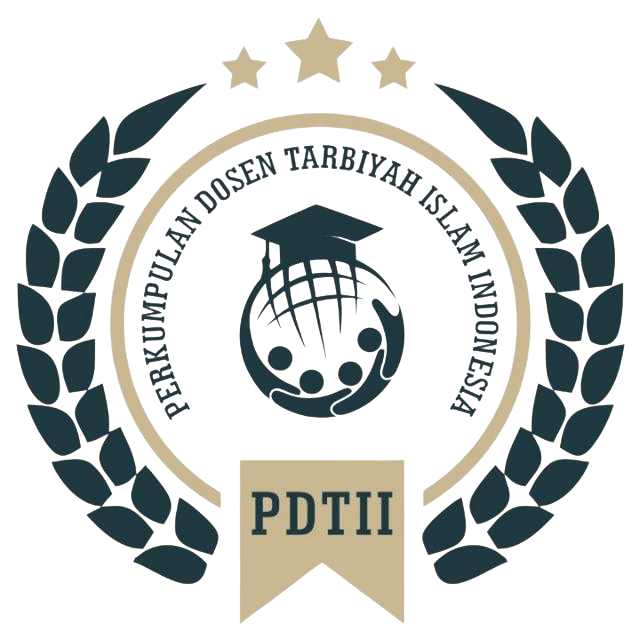PENINGKATAN KETERAMPILAN MENYIMAK MELALUI PERMAINAN TRADISIONAL KOTAK POS PADA PEMBELAJARAN BAHASA INDONESIA KELAS VII SMP RAUDLATUL ULUM PUTUKREJO
DOI:
https://doi.org/10.35897/jurnaltinta.v3i2.605Keywords:
Listening skill,, traditional post box game,, Indonesian language learning.Abstract
This research is a type of classroom action research (CAR) using the Kemmis & Mc Tanggart model which consists of planning, action, observation and reflection stages. The subjects of this study were the seventh grade students of SMP Raudlatul Ulum Putukrejo, totaling 26 students. The object of this research is the improvement of listening skills in Indonesian language learning by using the traditional postbox game. The data collection used in this study is formative tests, observations, interviews, and documentation. The research instruments used were observation sheets, formative test questions, and interviews. The data analysis technique is by calculating the mean and percentage of completeness obtained from the results of formative tests and observation sheets in each cycle. Based on the results of data analysis from the results of research that has been carried out, it can be concluded that the use or application of the traditional postbox game can be done well and has a positive impact which can be seen from the increase in the results of observations of student activities in the first cycle of 70.83 and cycle II of 89.58. Learning by using the traditional postbox game in addition to improving listening skills in Indonesian language learning, we also participate in preserving one of the nation's cultures. This increase can be seen from the results of the average listening skill in the initial conditions of 57.42, increasing to 71.48 (an increase of 14.06) in the first cycle, then increasing again to 85.19 (an increase of 13.71) in the second cycle.
Downloads
References
Andayani (2015). Problema dan Aksioma dalam Metodologi Pembelajaran Bahasa Indonesia. Sleman: Deepublish.
Arikunto, Suharsimi, dkk. (2007). Penelitian Tindakan Kelas. Cetakan III. Jakarta: Bumi Aksara.
Badu, Ruslin (2011). “Pengembangan Model Pelatihan Permainan Tradisional Edukatif”. Skripsi. Gorontalo: Universitas Negeri Gorontalo.
Dharmamulya, Sukirman dkk. (2008). Permainan Tradisional Jawa. Cetakan II. Yogyakarta: Kepel Press.
Nurani, Yuliani et.al. (2020). Memacu Kreativitas Melalui Bermain. Cetakan I. Jakarta: PT Bumi Aksara.
Rini, Julia Indah (2010). Aneka Permaian Anak-Anak Indonesia. Cetakan 1. Jakarta Barat: Multi Kreasi Satu Delapan.
Syamsuddin dan Vismaia S. Damaianti (2015). Metode Penelitian Pendidikan Bahasa. Cetakan VI. Bandung: Remaja Rosdakarya.
Sugiyono (2012). Memahami Penelitian Kualitatif. Cetakan VII. Bandung: Alfabeta.
Sujarno. (Desember, 2011). “Permainan Tradisional Sebagai Jembatan Pembentukan Karakter Bangsa”. Jantra Jurnal Sejarah dan Budaya, 6.
Sururiyah (2019). Ayo Lestarikan Permainan Tradisional. Cetakan I. Jakarta Pusat: Mediantara Semesta.
Suryadi, Asip dan Ika Berdiati (2018). Menggagas Penelitian Tindakan Kelas bagi Guru, cetakan I. Bandung: Remaja Rosdakarya.
Tarigan, Henry Guntur (2015). Menyimak Sebagai Suatu Keterampilan Berbahasa. Bandung: Angkasa.
Yusuf, Muri (2013). Metode Penelitian Kuantitatif, Kualitatif, dan Penelitian Gabungan. Cetakan I. Padang: Kencana.







